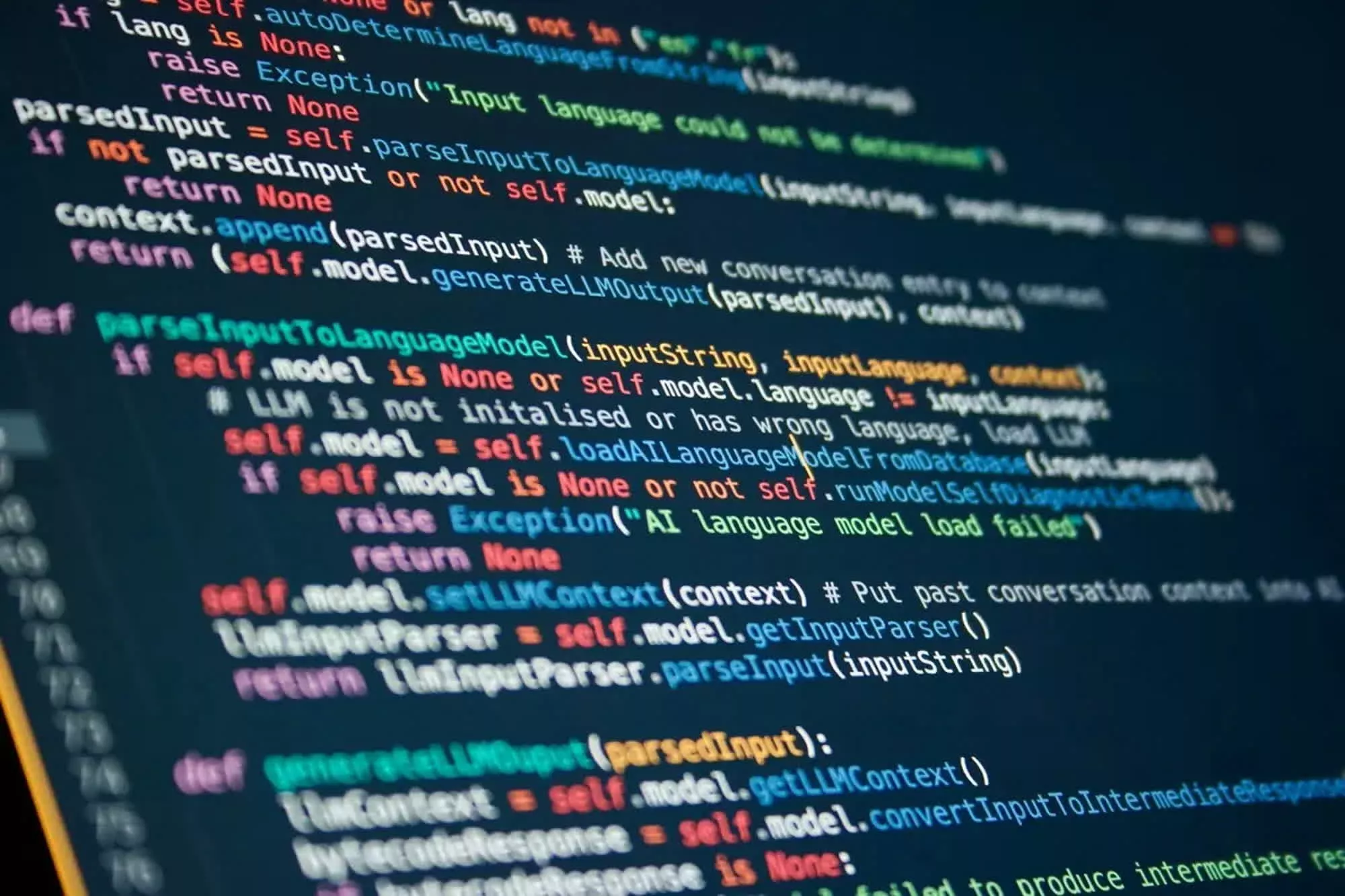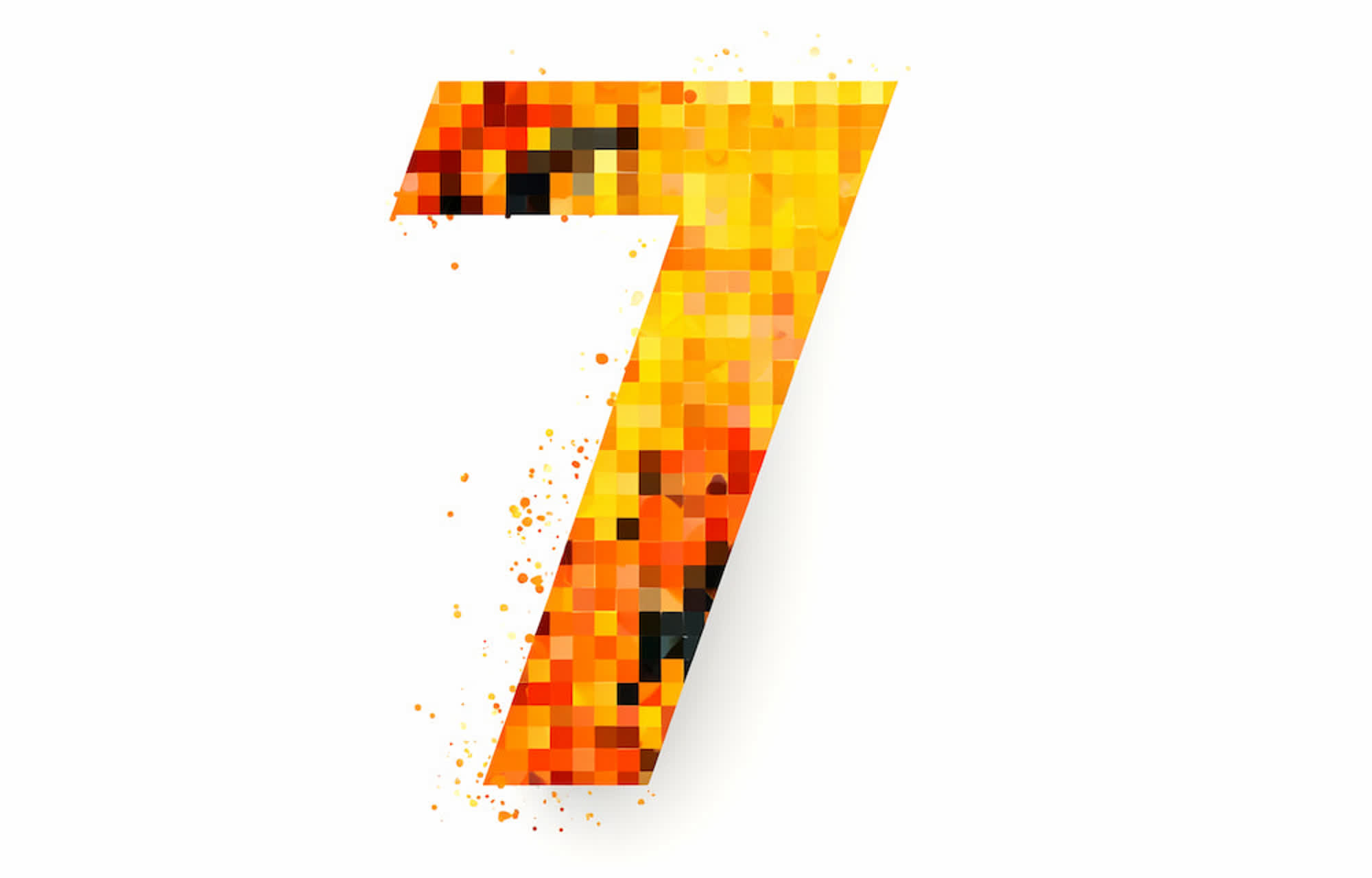TL;DR: OpenAI's massively successful ChatGPT service was fueled by purely open-source projects such as TensorFlow and PyTorch, even though the company now sells it for a fee. A French startup wants to bring code openness back into the AI equation with a new chatbot that cannot be censored.

Mistral is a new AI company co-founded by former Google and Meta alumni valued at $260 million. The startup's focus is providing language model solutions released through open-source licenses, so that AI can become "useful" to anyone with no need to spend huge amounts of money or pay to access proprietary, ChatGPT-style services.
The company has now released Mistral 7B, its first "small" language model available under the Apache 2.0 license. Mistral 7B is a refinement of previously available small LMs like Llama 2, but according to the Paris-based company it can outperform the competition (I.e. other open models) on "all standard English and code benchmarks."
The AI model was put together in three months of intense work, the developers say, even though they likely already knew what they were doing with AI code before starting the project. Mistral 7B can be used "without restriction," the official announcement states, as it doesn't provide any "moderation mechanism," though it's easy to fine-tune on any AI-related task.

Mistral 7B's performance demonstrates "what small models can do with enough conviction," the developers state. It is just a first step in Mistral's mission toward building the company's already planned "frontier models," but it can already be used to solve many chatbot-related tasks including summarization, structuration, and question answering.
Mistral 7B processes and generates text "much faster than large proprietary solutions," Mistral says, and it requires only a "fraction of their costs." Generative AI will revolutionize culture, lives, and the way we interact with machines and people, the startup states.
As in the previous ages of software, Mistral notes, proprietary products emerged first, but they soon left room for open-source solutions in markets such as web browsers (Webkit), operating systems (Linux) and cloud orchestration (Kubernetes). Mistral is sure that open solutions will "quickly outperform" proprietary solutions "for most use cases," thanks to the power of community and the "requirement for technical excellence" that successful open-source projects have always promoted.
That said, Mistral 7B's language model was developed under closed doors, by using private money with private datasets. The company is indeed already developing its own mixed business model: the basic model will be free to use, but people (and companies) interested in seeing weights and code sources will need to pay for Mistral's commercial offering.